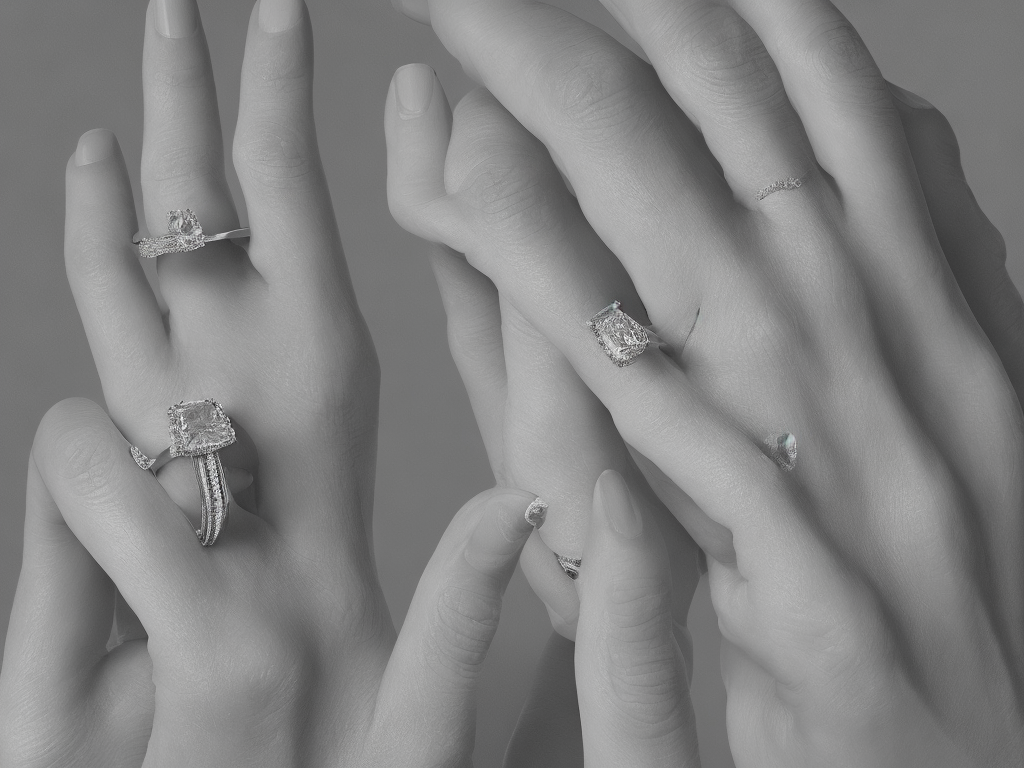
The English language is quite intricate and often confusing, especially when it comes to titles and salutations for women. Two terms that are often used interchangeably are “Ms” and “Miss”. So what is the difference between Ms and Miss and when should each title be used?
Firstly, it's important to understand the origin of the titles. “Miss” originated as a title for unmarried women and was a shortened form of the word “mistress”. In the olden days, unmarried women were often referred to as mistresses, irrespective of their profession. “Mrs” is an abbreviation of “mistress” as well and was used to refer to married women.
As time passed and women gained more rights, the term “Miss” became outdated as it implied that women were defined by their marital status.
This is where the term “Ms” comes into play. The term “Ms” was introduced as an alternative to address women whose marital status was unknown, widowed, divorced or unmarried. The title “Ms” does not indicate whether the woman is married or not, thus making it a more modern, neutral and inclusive title.
Another key difference between the two titles is the appropriateness of using them. “Miss” is only appropriate to use when addressing an unmarried woman. However, using “Miss” can be seen as slightly derogatory and patronizing, as it implies that a woman's marital status defines her. Therefore, when addressing a woman whose marital status is unknown or irrelevant, it is better to use “Ms”.
One of the benefits of using "Ms" rather than "Miss" is that it focuses on the individual and their accomplishments, rather than their marital status. It is a sign of respect and acknowledgment that women are more than just their relationship status.
Moreover, if you inadvertently address a woman as “Miss” and it turns out that she is indeed married, it can lead to an embarrassing situation. Therefore, it's always best to use “Ms” when in doubt, as it is more formal and respectful.
In a professional setting, it is important to use “Ms” as a title when addressing a woman, regardless of their marital status. Doing so shows professionalism, respect, and neutrality. It is also important to note that women should be addressed with the same level of formality as men, regardless of their marital status.
In conclusion, using “Ms” as a title is a safer and more respectful choice when addressing women. It is a modern and neutral title that does not rely on a woman’s marital status. The use of the title “Miss” is outdated and has the potential to come across as derogatory, implying that a woman's relationship status defines her. Therefore, to avoid any awkward situations or to show respect, it is best to use the title “Ms” whenever unsure. It is important to remember that titles are just that, titles. Women should always be respected and valued for their accomplishments and abilities, rather than their relationship status.
 Self-Instruct
Self-Instruct